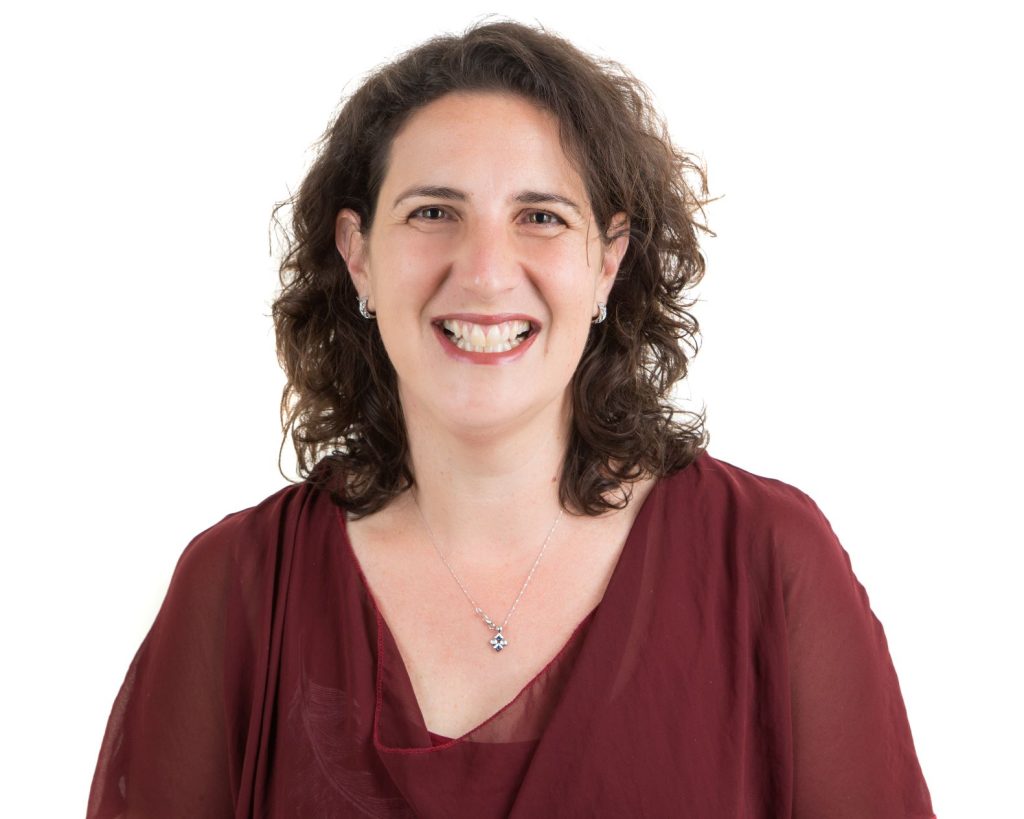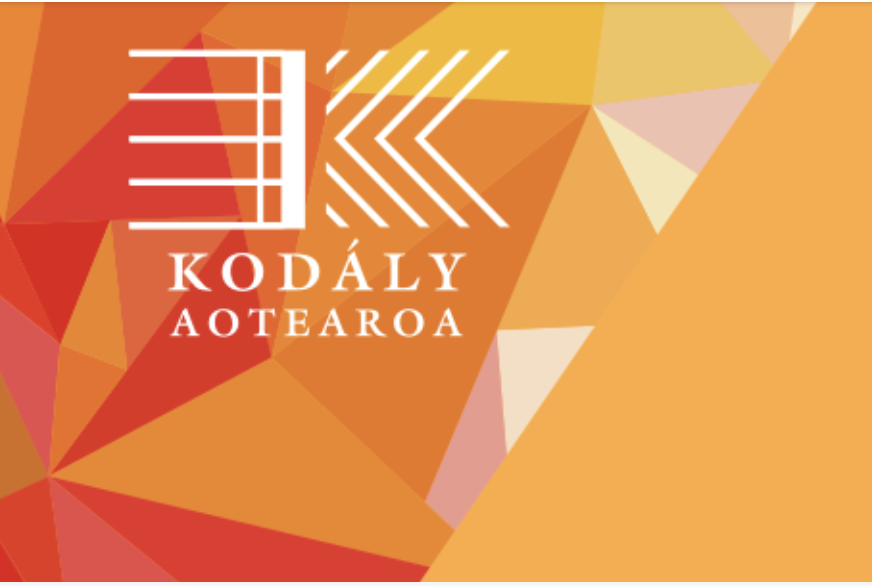Often you hear about students having different tools in their kit or skills to cope with different situations, but I first heard this phrase at the Kodály Course in Christchurch this summer. I was excited to hear how we can develop a student’s musical mind to help them learn an instrument well and understand that music opens a world of active listening, hopefully for a lifetime.
In January, my school provided an opportunity to attend the Christchurch Summer School Programme and complete Level One of the Kodály Certificate (secondary) over two intense weeks. The depth of pedagogy shown in this course was extraordinary. The clarity and simplicity of the structure, teaching all students to understand complex musical forms, was mind-blowing, focussing on inner hearing combined with singing and clapping in canon. And underlying all this structure was a student-focussed pedagogy. I particularly loved delving into educational theory, but I also recognised how perfect this opportunity is to practically work it out with the students in front of me.
The two-week course was busy, with homework each weeknight and a major assignment on the weekend. In particular, the three practicums were a challenge. Being publicly critiqued in front of peers had many benefits and clarified my language and delivery style. Even now, as I reflect on what I taught today, I can think back to the moment when my students became excited by seeing the clarity of time signatures as we sang songs and clapped. They understood the concept of rhythm and metre, all within the space of three minutes.
So, what did I get out of this course? A little about me: I am a music teacher at Baradene College of the Sacred Heart in Auckland, where students have a wonderful opportunity to learn an instrument for two years, starting in Year 7. As part of the Baradene Year 7 and 8 Music Programme, students can choose between violin, cello, flute, saxophone, clarinet, trumpet, and trombone. Itinerant teachers provide 25-minute group lessons, and students also work with me for 25 minutes each week, learning the skills of a musical mind and musicianship. From the student’s perspective it means clapping games, singing, and moving. For some, singing is entirely new to them, but I am observing some of these students finding their voice. By tapping into a student’s underlying musicality, I can show them how music is logical and fascinating – something I hope to develop with my students further this year.
Clearly, I am quite excited by what I have learned. At a recent social event, I talked so much about how this course has transformed my teaching. I sat with a group of non-musicians and shared what I had learned, with one friend commenting, “Oh, that was your do, re, mi course….” Yes, but so much more! I spent the next 10 minutes telling this group of people (remember it was a social event!) about the clear pedagogy of preparing students, setting them up for a new concept, and then reinforcing this concept, often through games and practice so that each student is the one contributing to their learning.
As a secondary school teacher, I see this process being used from Years 7 to 13 – taking a concept, preparing students well, allowing them to discover the concept aurally and visually, and then reinforcing this all through active listening to music.
Some more of my key takeaways from this course are:
- A high expectation that all students can learn through play and singing.
- It supports the itinerant music teachers being able to focus on students learning their particular instrument.
- Preparation of lessons is vital to developing and implementing what I have learnt – I look forward to seeing all that planning in action with the students.
If you have the opportunity to attend this course or are thinking about it, make the time. Training a generation of children in this way could have a significant impact on students’ learning in all subjects. It has refreshed my understanding of good teaching practices, and I am excited to see my students flourish musically this year.
By Rachel Young

Rachel Young completed her Bachelor of Music in Performance at Auckland University with Tamas Vesmas. Looking for a sense of adventure, she went to Hungary to do post-graduate study in performance piano at the Franz Liszt Academy of Music, Budapest. She then trained as a secondary teacher, while continuing to teach piano. Rachel then went to teach at St Mary’s College in Ponsonby, teaching music and conducting choirs. After being at home with her three children she has been involved with the music departments at Epsom Girls and Diocesan. Rachel now teaches at Baradene College and directs the choirs at both Baradene and St Peter’s College. She enjoys singing with Voices NZ and Viva Voce.
